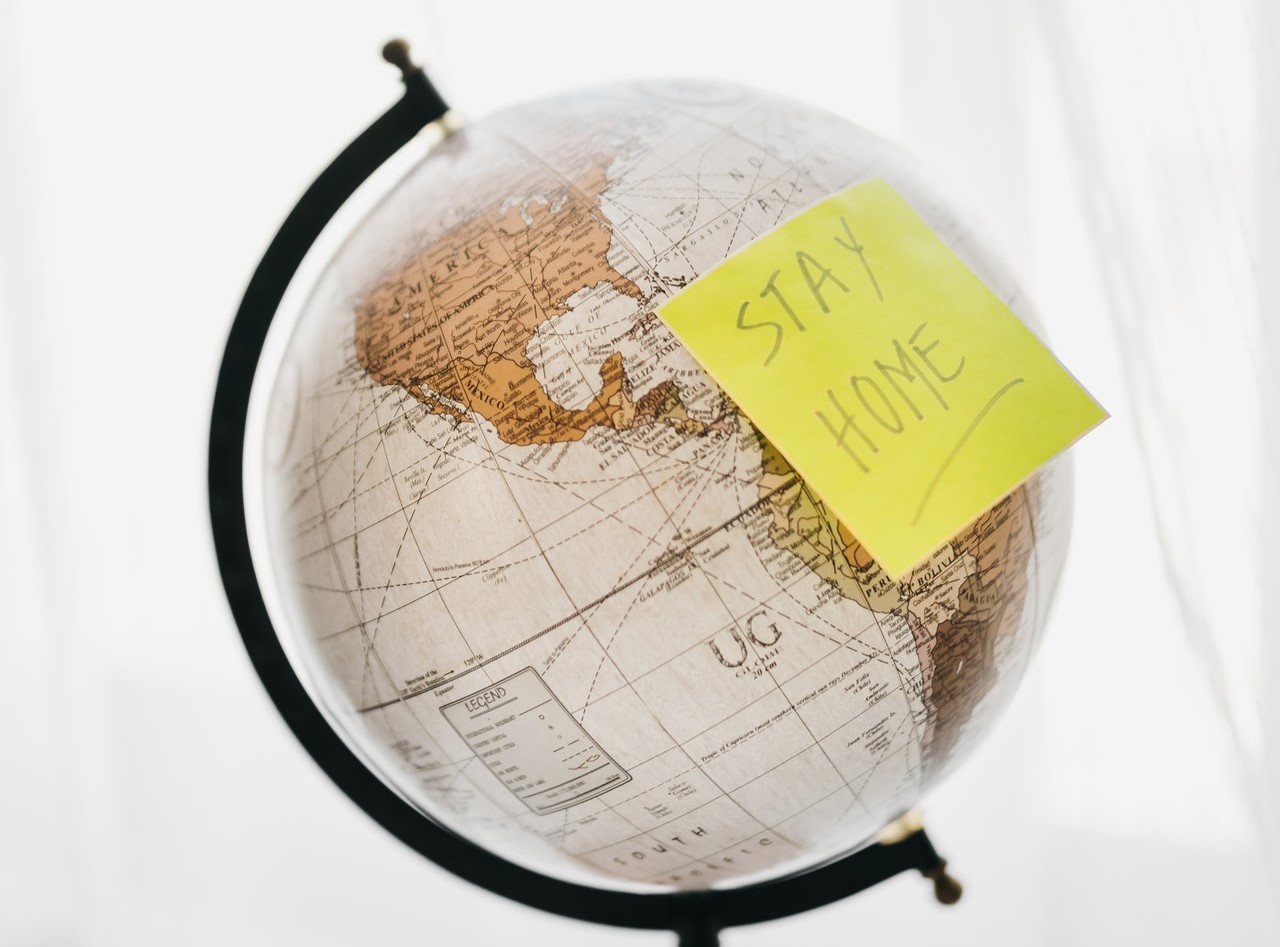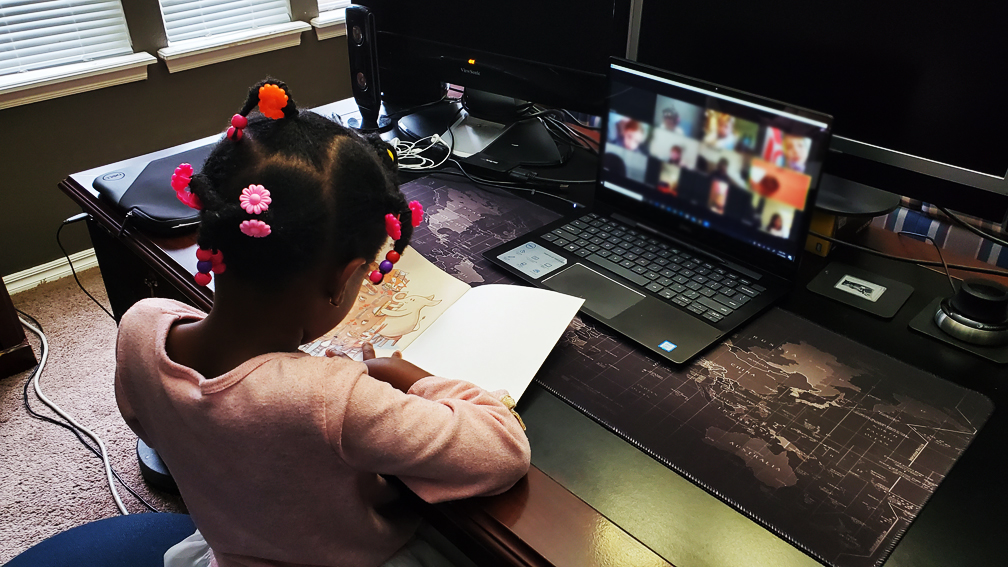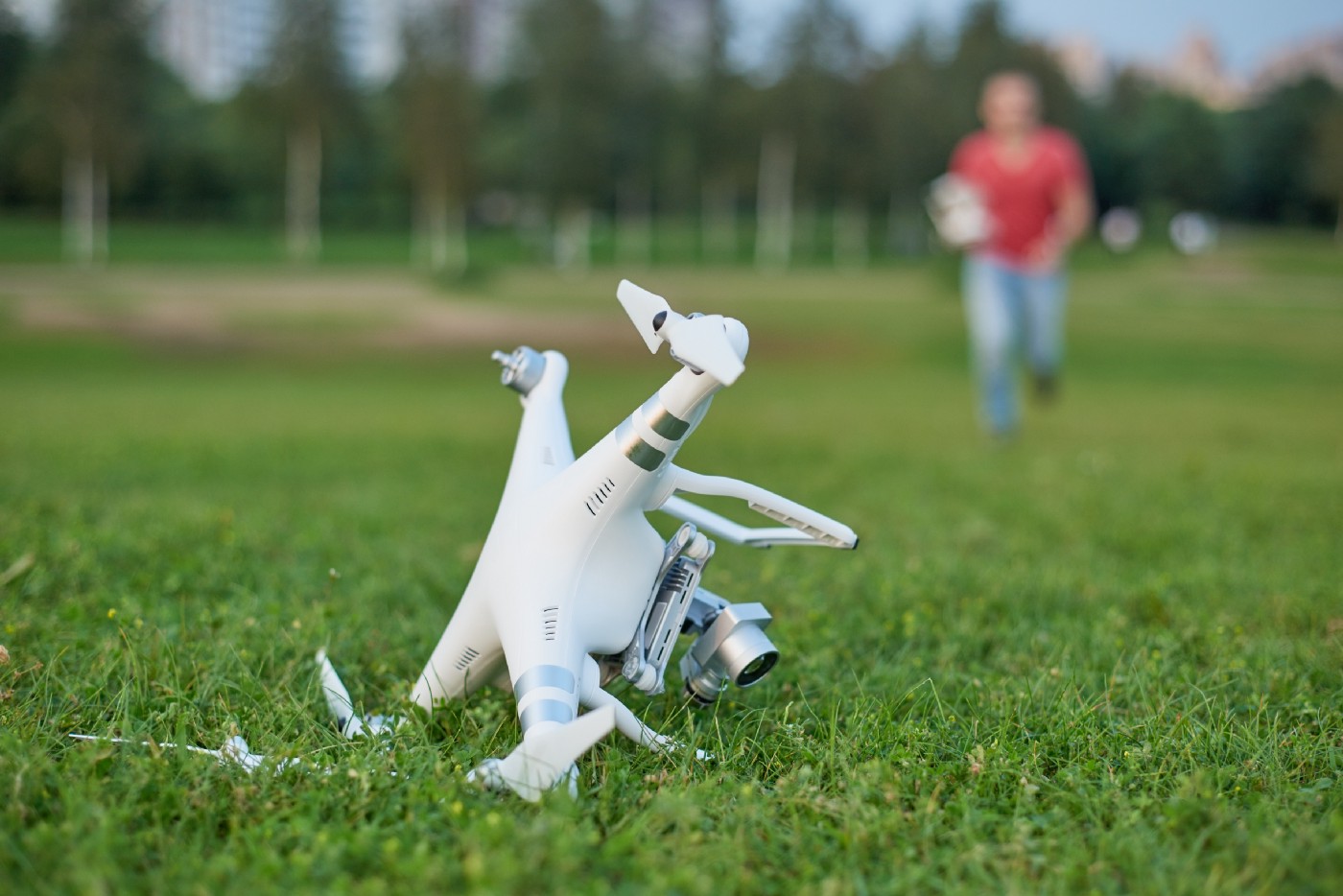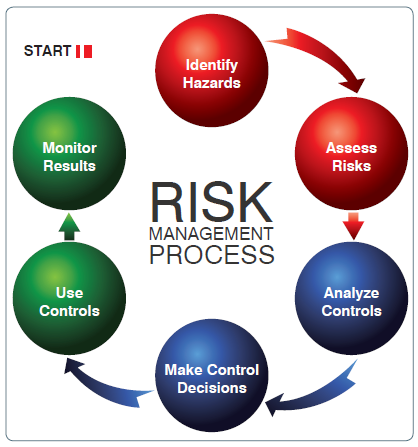
Another data breach exposing more than 50 million Facebook users; for the first time, I'm considering pulling the plug on that application.
Don't get me wrong: I love Facebook. It allows me to connect to friends and family members, especially the ones living far away. I get to interact with them as if they were just in my neighborhood. They get to see my activities, my children photos and lots of other personal things that I post occasionally.
Unfortunately, when a data breach like this happens to a company that we are all trusting to have our information secured, it makes me wonder if it's worth sharing personal data on these social platforms.
FACEBOOK HACKED...AGAIN
The hackers also tried to harvest people’s private information, including name, sex and hometown, from Facebook’s systems.
New York Times
Personally, I tend to filter what I post online, as anything posted online is virtually accessible to anyone as part of our digital online signature. Nevertheless, even the little information that I deem cleared to share with friends and family are considered precious to me and require a certain trust to these social platforms.
With that said, what to take away from this latest data breach from a multi-million company that can afford a robust cybersecurity implementation? Your data is not safe online, at all; no matter what. Eventually, it will get exposed somehow. Therefore, when posting online, you need to take some measures that can reduce the liability tied with data exposures:
- NEVER post anything that you consider SENSITIVE. In
other way : always ask yourself this question: if all the newspapers in the world decide to publish your posted information, would you be ok with it or not? if the answer is no, don't post it; period. - NEVER post somebody else's information without their approval. This can get you into legal situations. Always consider the fact that what you may think is irrelevant to you may cost somebody else their life, their business, their dignity and so on. Just stick to your own data and information, unless you have a written approval from the data owner.
- Consider Hosting your own website. This is the reason why I have my own personal website. The idea is that I control what I put online and its availability to the world. Also, in case of a breach, I can legally fight for the damage caused.
- Always review what you are posting Online. It's so easy to post a simple tweet here and there, or a simple Facebook message in the midst of our daily emotions without giving them a second thought. Always read your own postings and give them a little bit of a thought before hitting the "Submit" or "Post button."
- NEVER post when your emotions are UNBALANCED. Avoid posting anything online whenever you are not at your best and balanced state of mind (angry, sad, tired, or even too excited). This is where most of us get into trouble. Give yourself some timeout before hitting the keyboard.
Facebook is a great tool to stay in touch with friends and family, but I would always limit my interaction to basic communication and general data sharing. Its reputation and broad use also bring the dangerous vulnerability of its users when situation like this happens.







